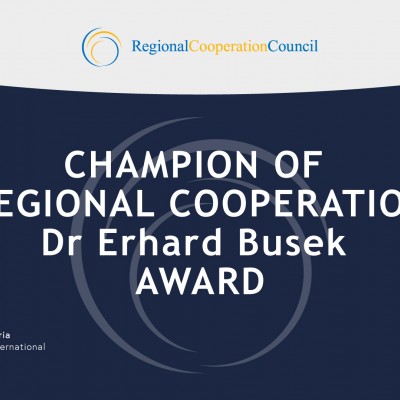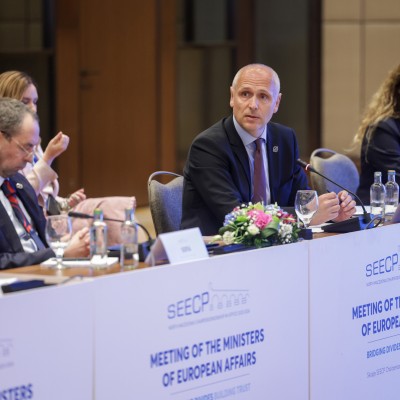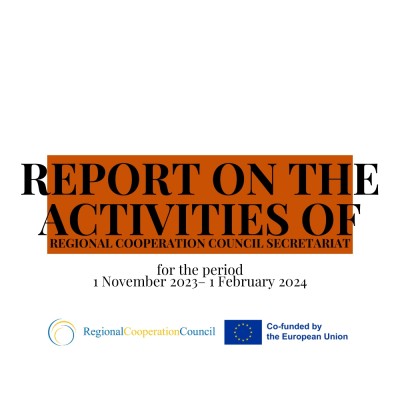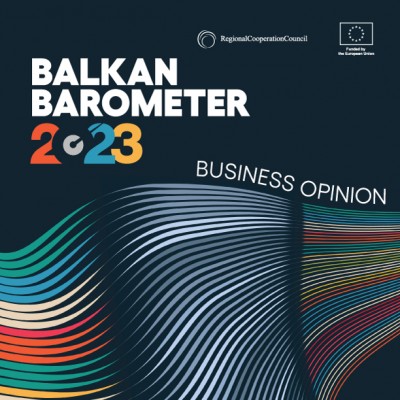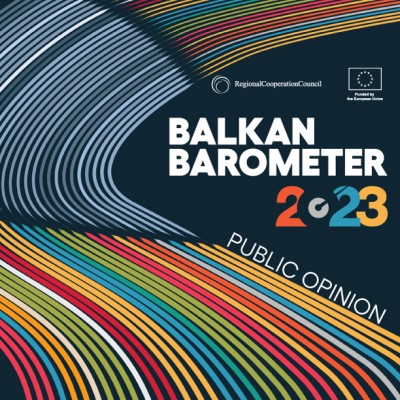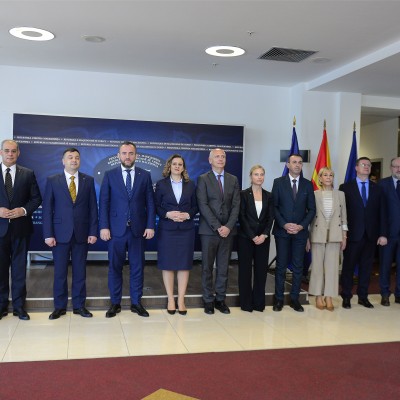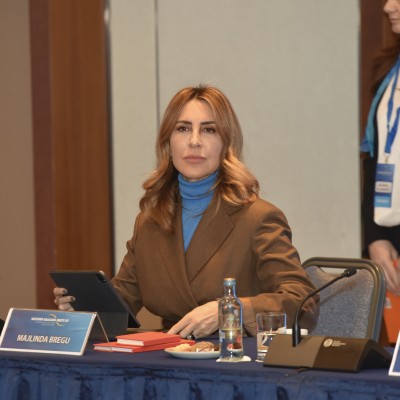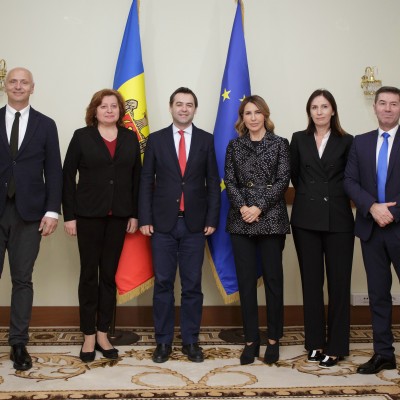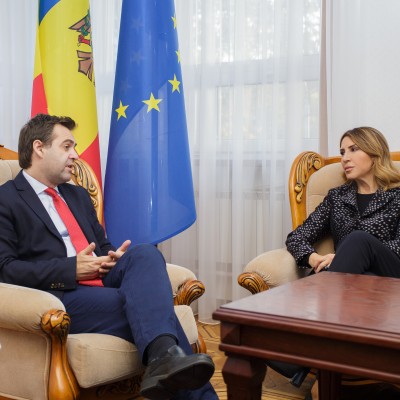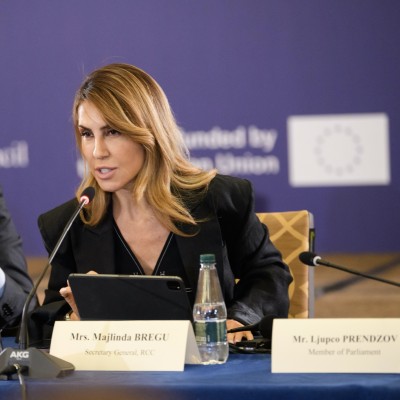The Regional Cooperation Council (RCC) is an all-inclusive, regionally owned and led cooperation framework. This framework engages RCC participants from the South East Europe (SEE), members of the international community and donors on subjects which are important and of interest to the SEE, with a view to promoting and advancing the European and Euro-Atlantic integration of the region.
Within the framework of the general political guidelines set by the South-East European Cooperation Process (SEECP), the RCC works to develop and maintain a political climate of dialogue, reconciliation, tolerance and openness towards cooperation, with a view to enabling the implementation of regional programmes aimed at economic and social development to the benefit of the people in the region.
RCC Vision
RCC helps prosperity and growth through regional action in SEE, while advancing European and Euro-Atlantic integration. We see our region as a prosperous place of dialogue, freedom and mobility, rich in cultural heritage, where each person feels safe and protected by the rule of law.
RCC History
The Regional Cooperation Council (RCC) was officially launched at the meeting of the Ministers of Foreign Affairs of the South-East European Cooperation Process (SEECP) in Sofia, on 27 February 2008, under which auspices it continues to operate.
RCC has been working very closely with all the governments in the region and relevant regional cooperation mechanisms. Its work has been guided by the Statute and triennial strategies and work programmes (SWP) addressing the needs of SEE in economic and social development, energy and infrastructure, justice and home affairs, security cooperation, and building institutional and human capital.
RCC Today
In time, RCC agenda has shifted to a more focused and result-oriented interventions in a restricted number of areas. RCC works to promote the prosperity of South East Europe by supporting sustainable and equitable economic growth policies to enhance regional economic integration, green and digital transformation, while reducing the poverty and narrowing the existing social, economic, and environmental divergences with the European Union.
Additionally, while assisting the region in deepening the process of regional and EU integration, RCC’s main driver will continue to be creating a climate for prosperous region, through creating a unique innovation hub, women empowerment, clean environment and competitive youth base.
The RCC has 46 participants. The organisation, headed by the Secretary General, Majlinda Bregu, is financed by the European Union and its SEE and other Board participants. It has a Secretariat based in Sarajevo, and a Liaison Office in Brussels.



